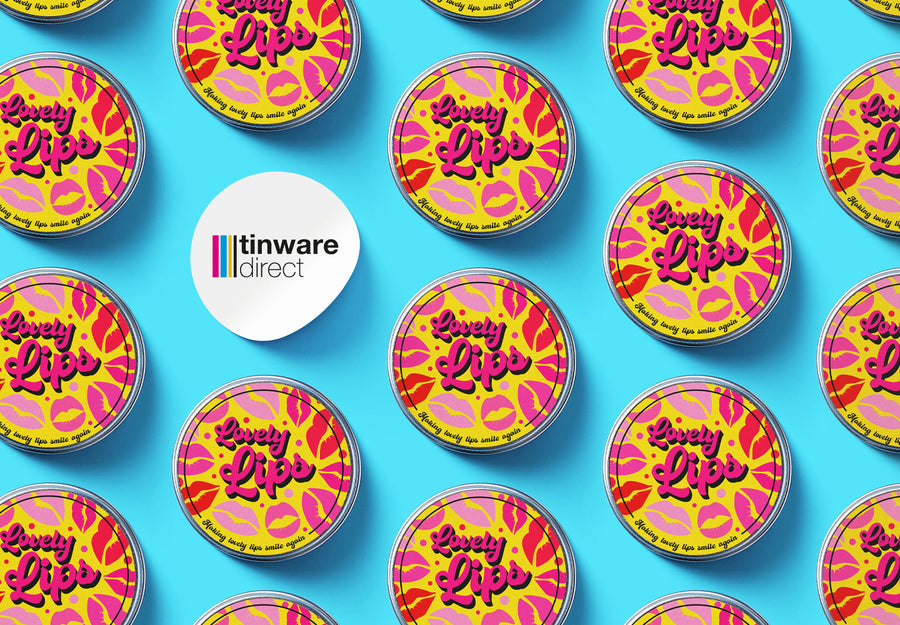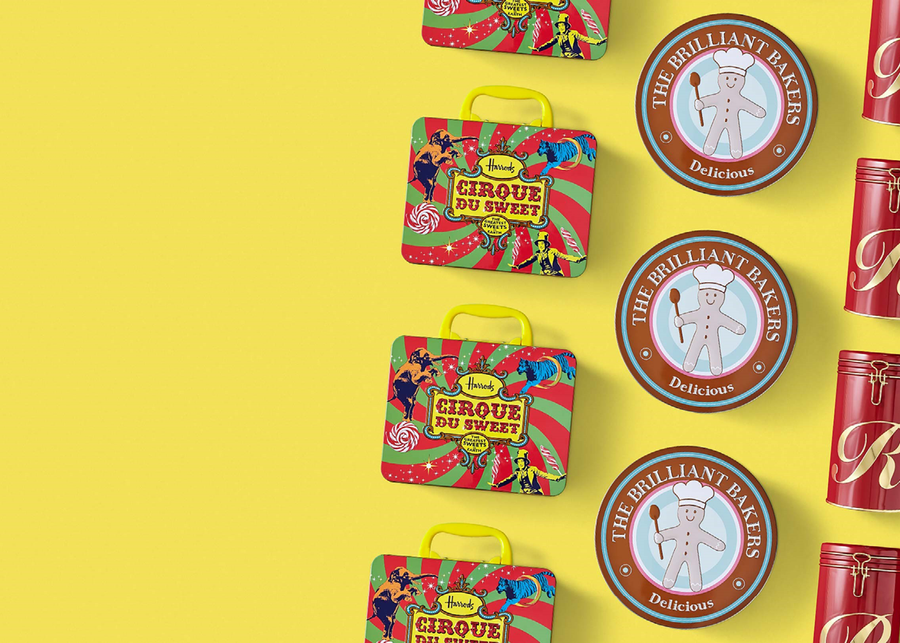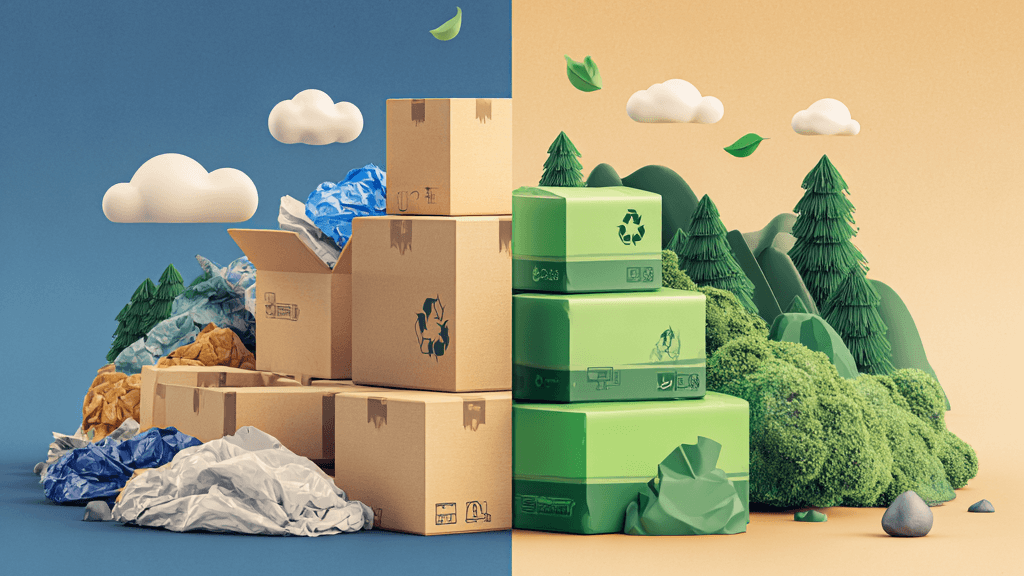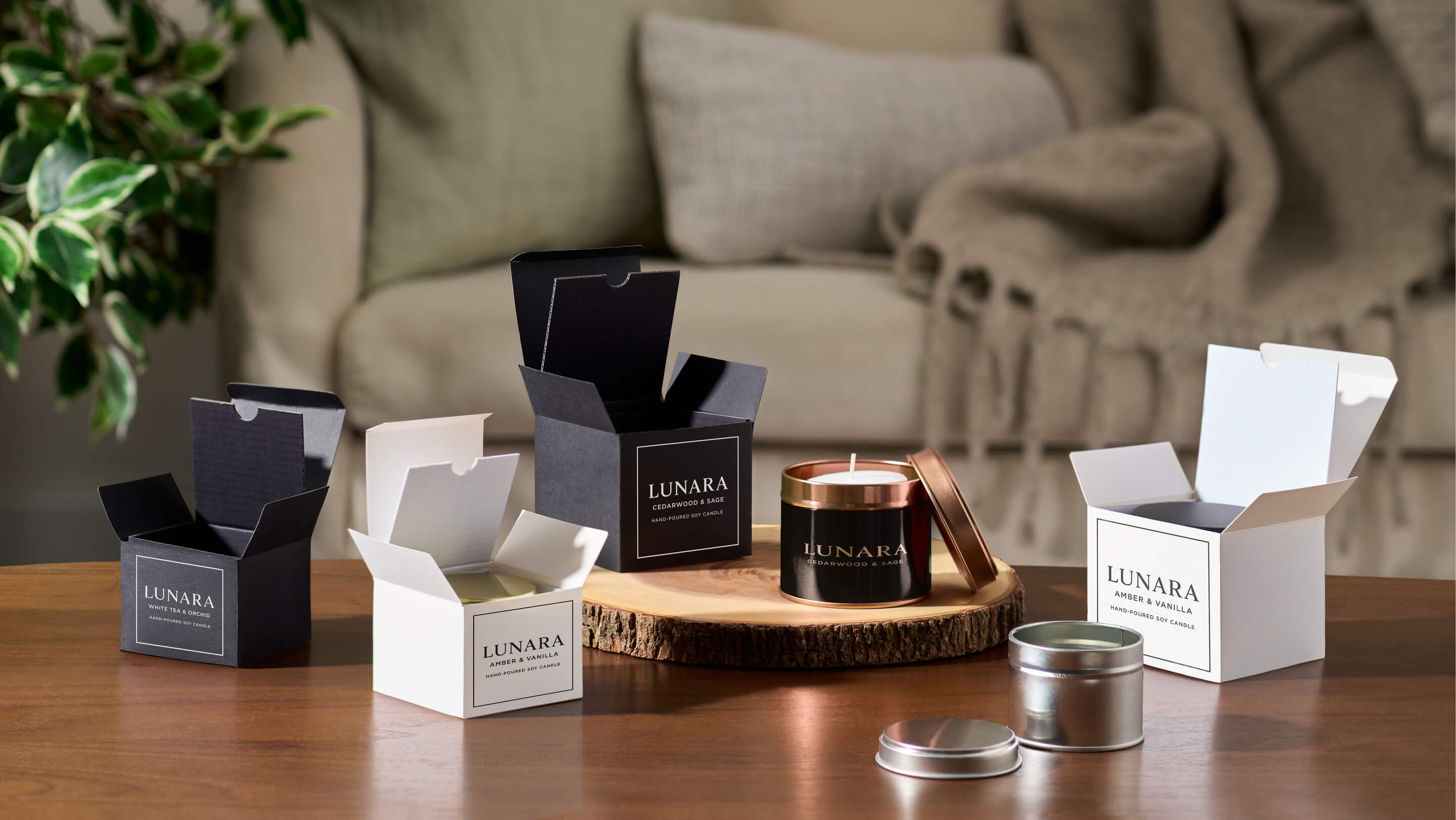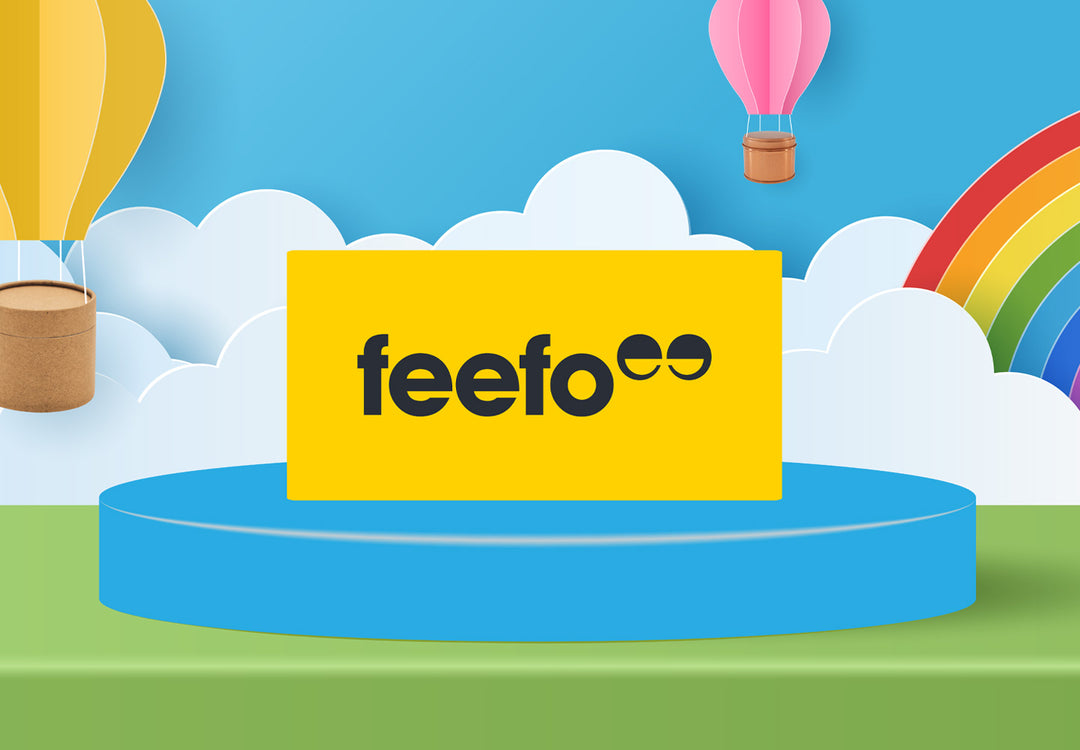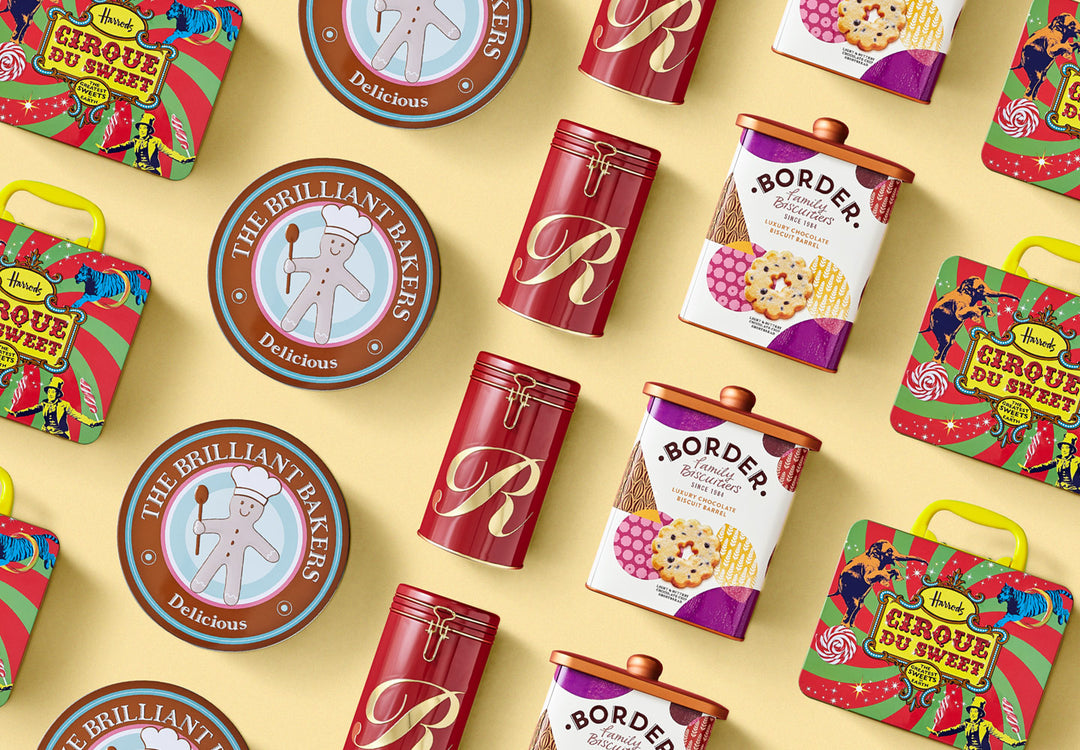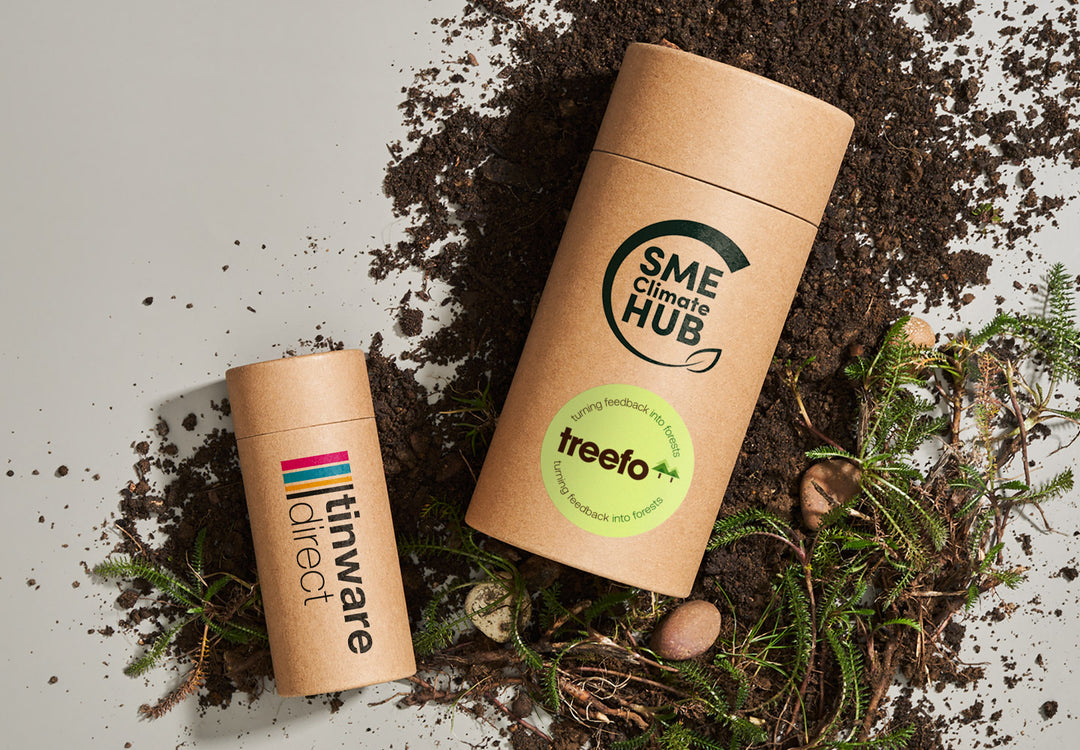Sustainable Packaging Crucial For FMCG Businesses

A new survey has revealed a commitment from major fast-moving consumer goods (FMCGs) brands to switching towards more sustainable packaging. The report reveals that most companies are keen to focus on using paper-based materials. Options include cardboard boxes and cardboard tube packaging.
What Are FMCG Businesses?
Also known as consumer packaged goods (CPGs), FMCGs are products sold at a fast pace and at a low cost. Products have a high-turnover and people consume them quickly. Typical examples include non-durable household items as well as cosmetic products and certain foods.
The FMCG industry includes a wide range of well known brands such as:
- Nestle
- Unilever
- Kraft Heinz
- L’Oreal
- Danone
- Colgate-Palmolive
Why Is Sustainable Packaging Crucial For FMCG Brands?
According to the survey conducted by Aquapak Polymers, two-thirds of companies mark the threat of poor sustainable packaging solutions as “high.” Furthermore, more than 75% of the 100 companies polled are concerned about damage to their brand reputation.
Although businesses claimed they were less committed to eliminating plastic usage completely, there was a strong focus on reducing overall environmental impact
Decisions makers marked logistics, operational efficiency and materials as key factors that impacted packaging sustainability.
The report highlighted sustainable packaging as a key element of a success story for any business.
Small and large companies eager to explore sustainable packaging choices have numerous options including:
- Aluminium
- Tinplate
- Cardboard
- Compostable kraft paper
- And more
The best sustainable packaging sends a clear message and immediately helps reduce a brand’s carbon footprint. Certain packaging materials including cardboard are also light, helping to reduce carbon emissions caused by logistics processes. It also helps reduce plastic pollution and appeals to eco conscious consumers.
The news comes after multiple companies have confessed that they will miss the deadlines for their sustainability packaging objectives.
Why Are Businesses Failing To Achieve Their Objectives?
Sustainability objectives date back to the early 2000s. As such, it was impossible for decision makers to predict the roadblocks ahead. In 2021 Industry experts predicted that businesses would begin to fall short of their 2025 objectives. Since then PepsiCo, Unilever, and Colgate-Palmolive have all announced that they will fail to meet ambitious goal markers.
The reasons included:
- A dependence on plastic
- Low levels of recycling
- Minimal reusability infrastructures
Businesses are now pushing their objectives back to at least 2030. Organisations were quick to jump on terms such as plastic-free and 100% recyclable after they discovered the terms scored well with target consumers. Unfortunately, these marketing slogans were thrown into practice before they were fully vetted and understood.
Industry analysts further highlight bureaucratic roadblocks including a lack of collaboration between industries and governments planning eco-friendly initiatives as another reason for companies falling short.
What Steps Should Businesses Now Take?
Although it is easy to blame businesses for setting sustainability goals that were overly ambitious, they still succeeded in creating a positive impact.
These objectives led to new commitments and investments into sustainable practices, with far reaching consequences.
Now, companies must explore the best path forward while setting realistic, achievable sustainable packaging.
The first step? Finding the best supplier for products such as cosmetic packaging and food packaging.
If you are interested in finding out more, please get in touch with our team today. Our experts are ready to help you move towards a greener, greater tomorrow.
